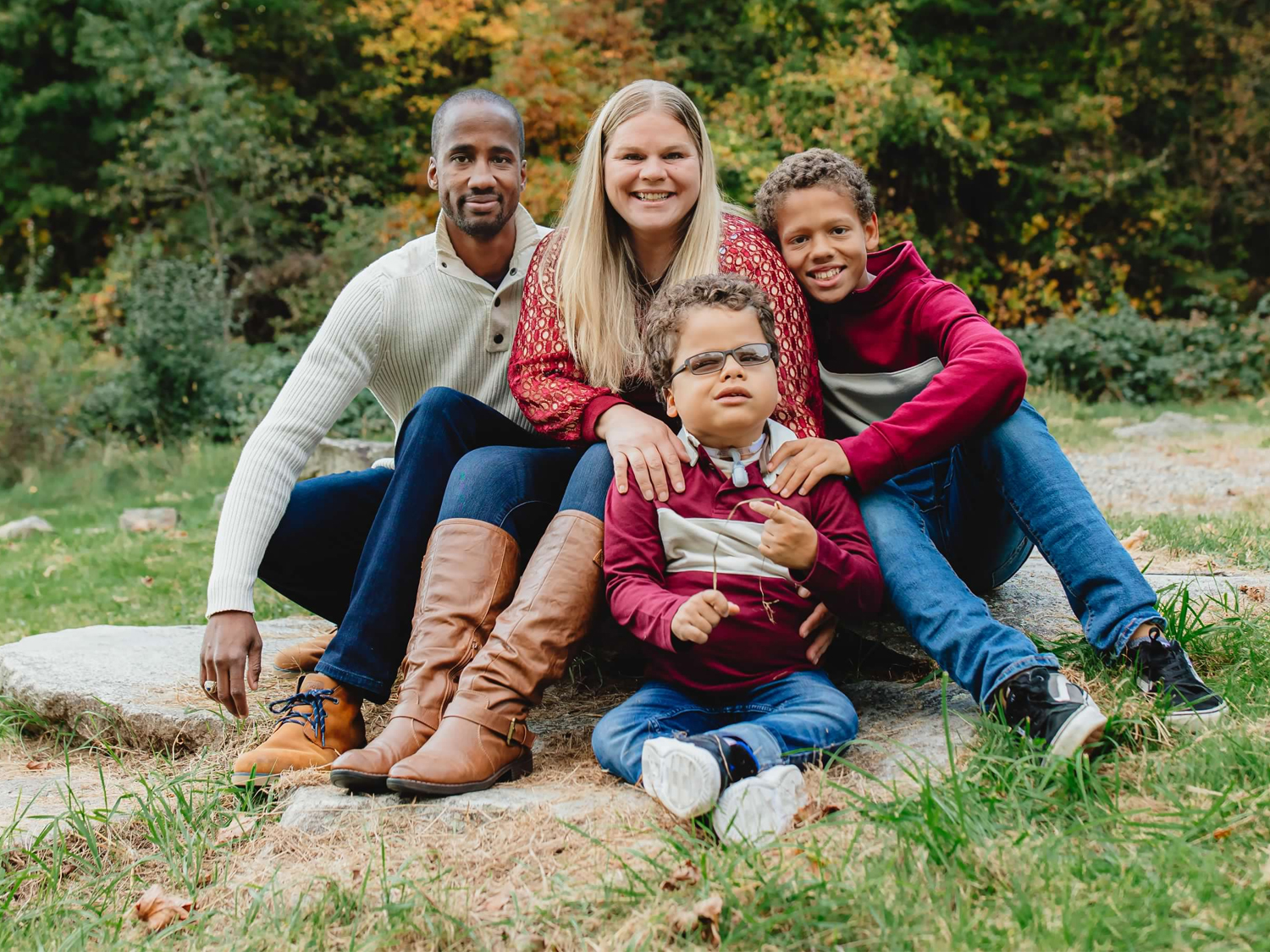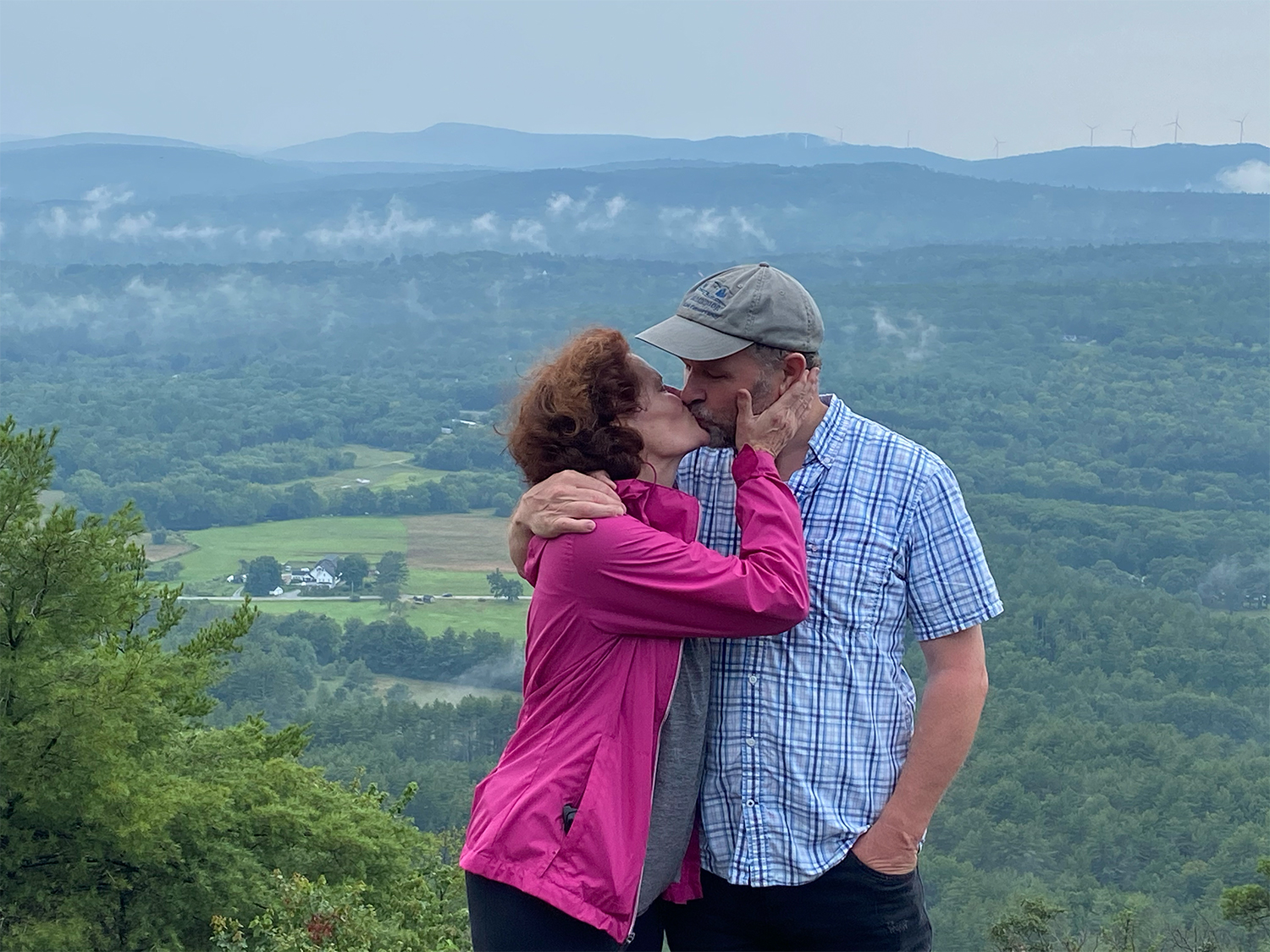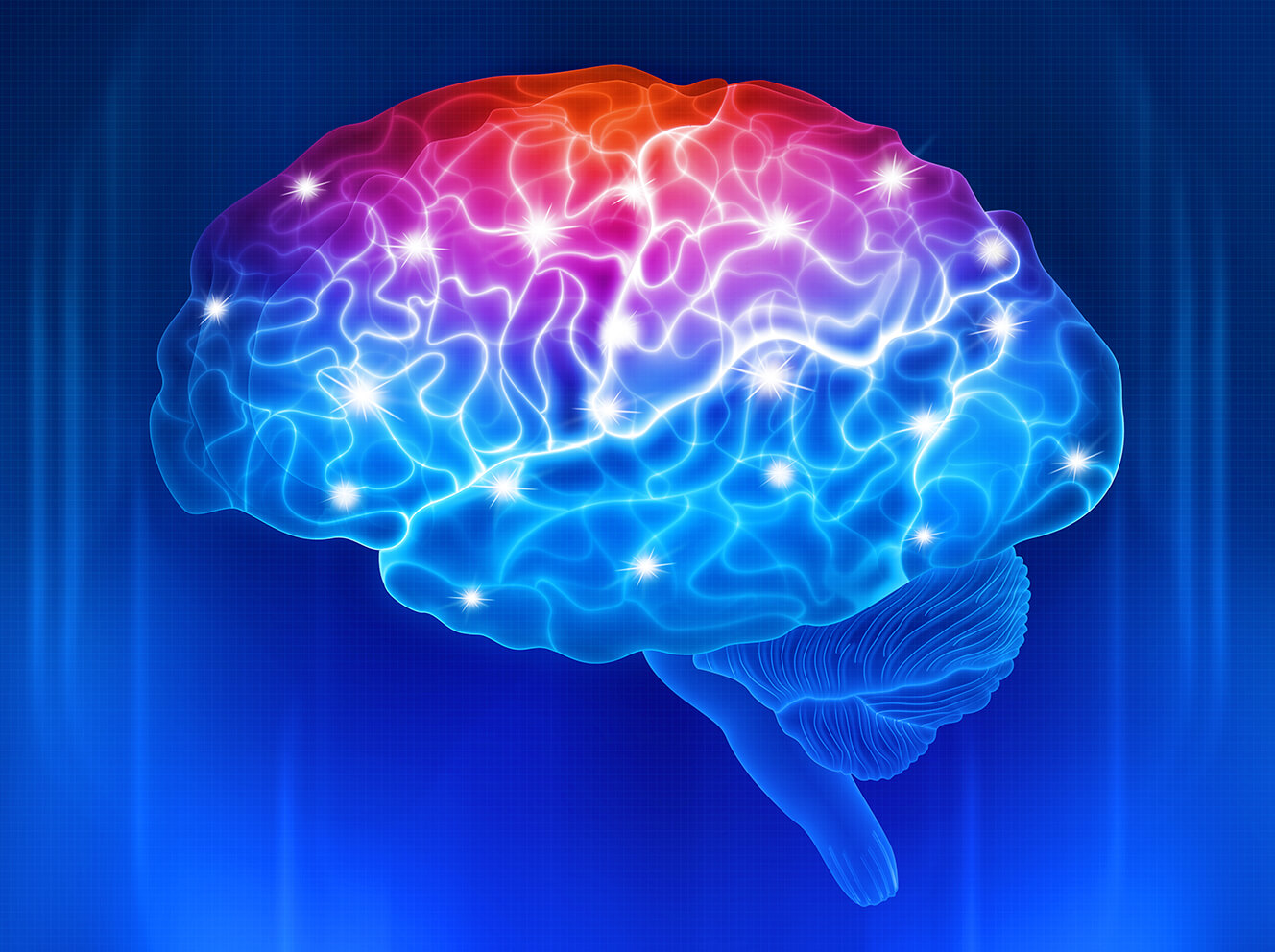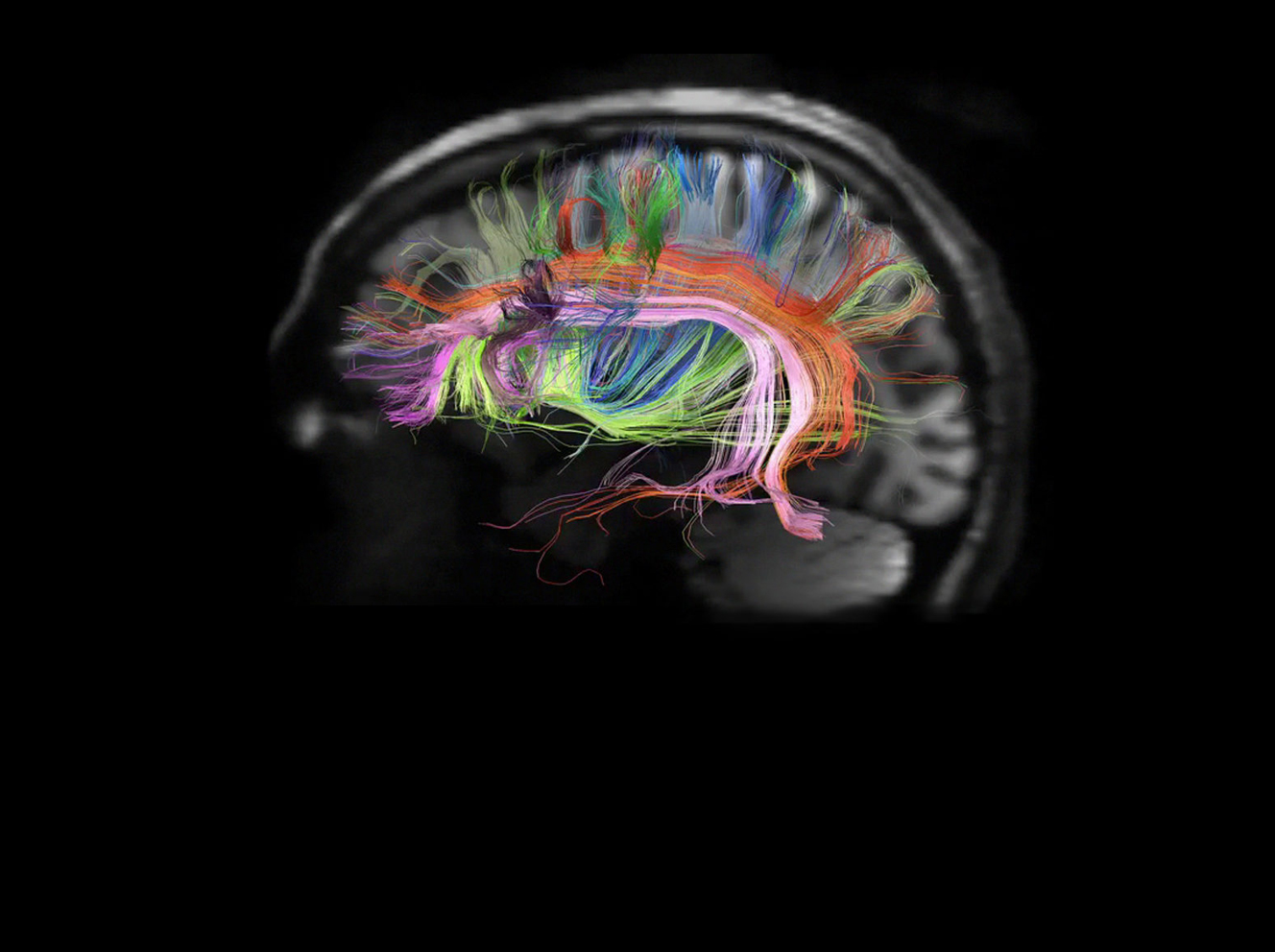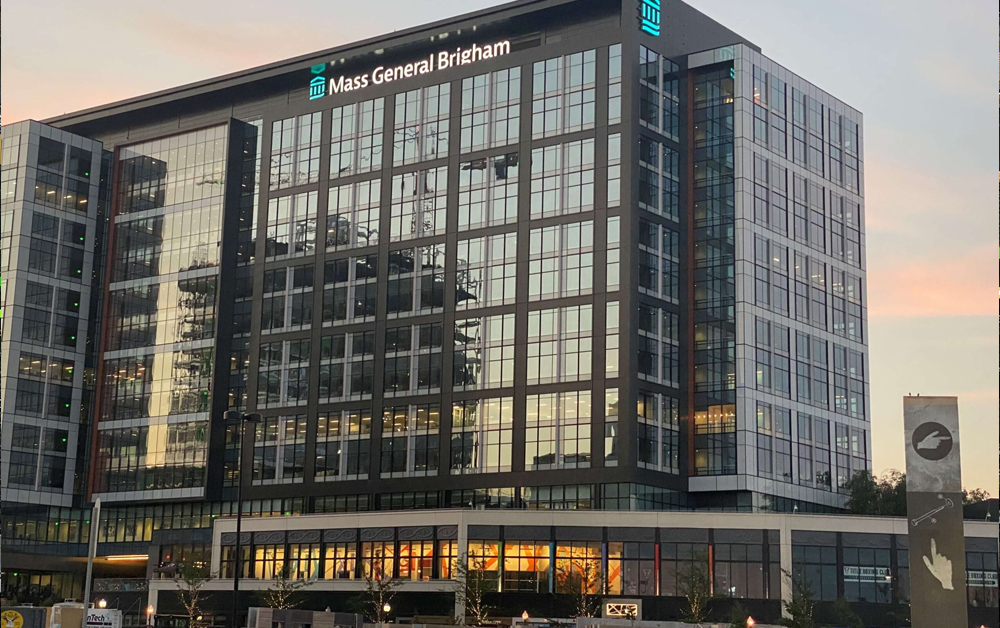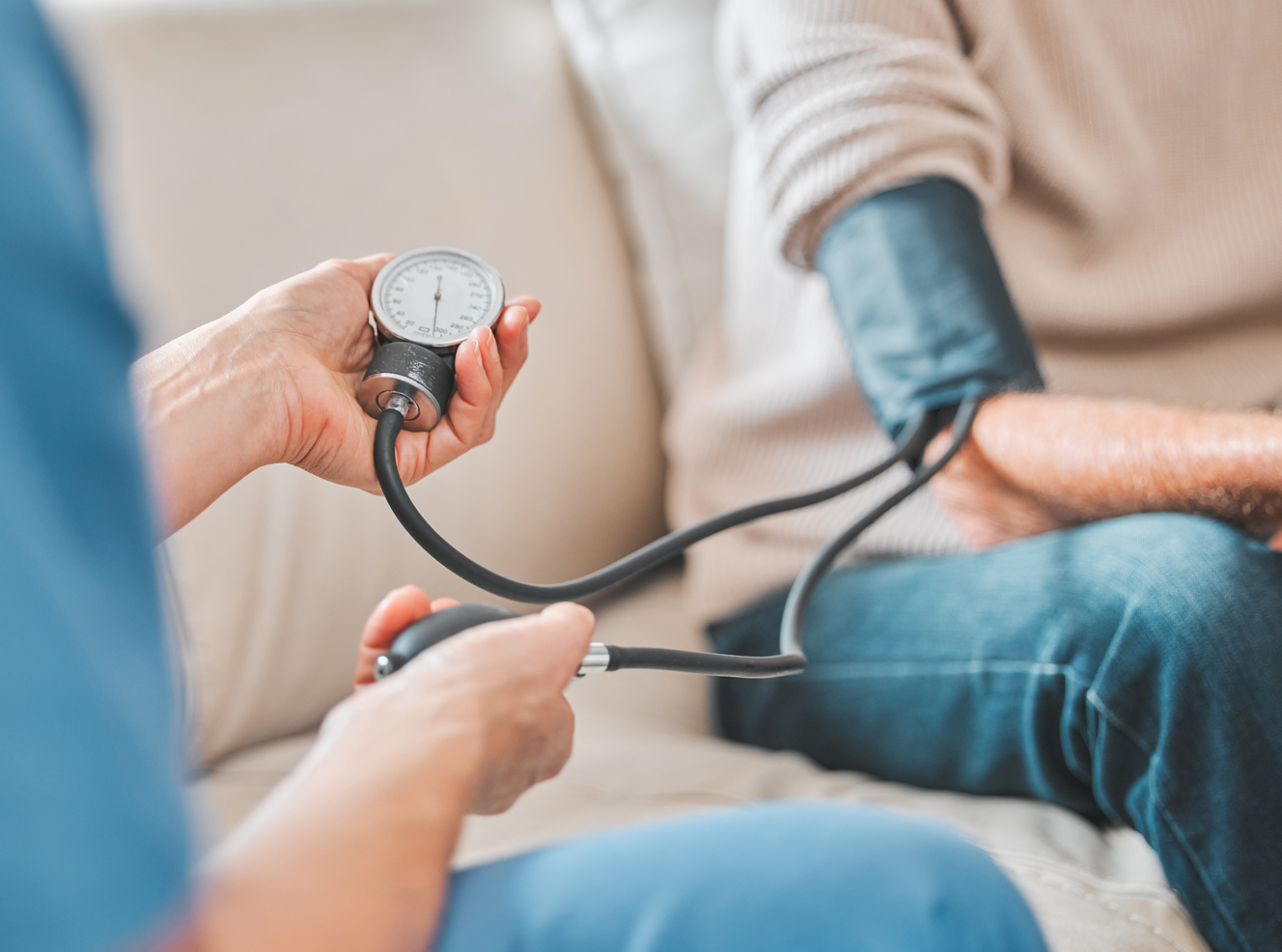Neuroscience
With world-class clinical services situated within the world’s top research hospital, we seamlessly connect:
- Basic and applied neuroscience
- Engineering and computer science
- Genomics and molecular biology
- Game-changing clinical innovation and compassionate patient care
These combined strengths position us to play a leadership role in tackling the great burden brain disorders pose to patients, their families and society.
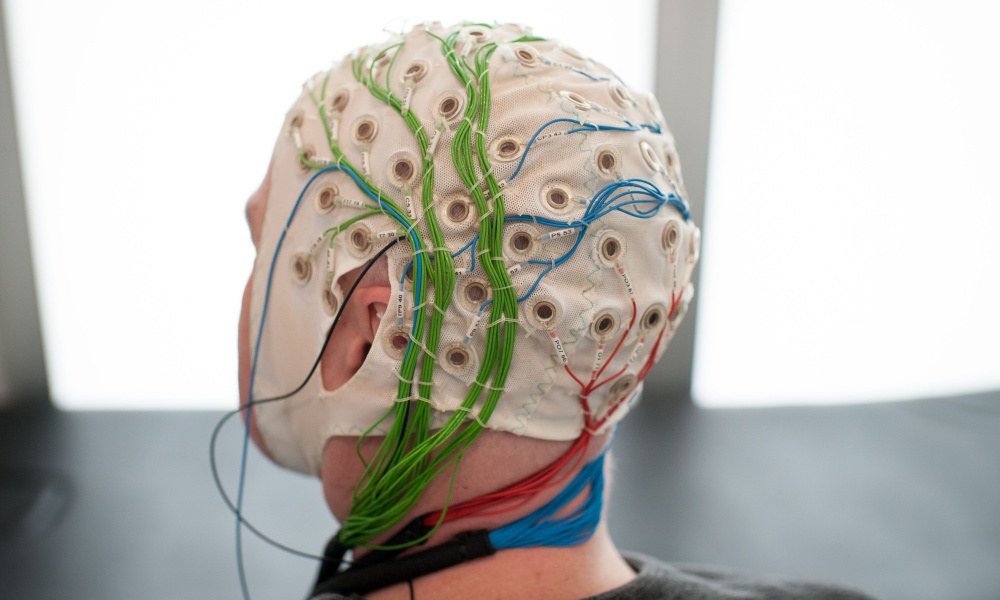
Imagine a future where ...
- Treatments for psychiatric illnesses, such as depression and schizophrenia, are personalized, timely and accessible.
- Debilitating brain disorders are routinely prevented as part of a patient’s standard primary care experience.
- Now-devastating diseases like Parkinson’s and Alzheimer’s are not only reversible, but preventable.
- Loved ones who were previously paralyzed can once again move freely.
Mass General is ideally positioned to fulfill this vision thanks to our unequaled expertise and our deep scientific and clinical excellence, which extends from primary care to specialized services.
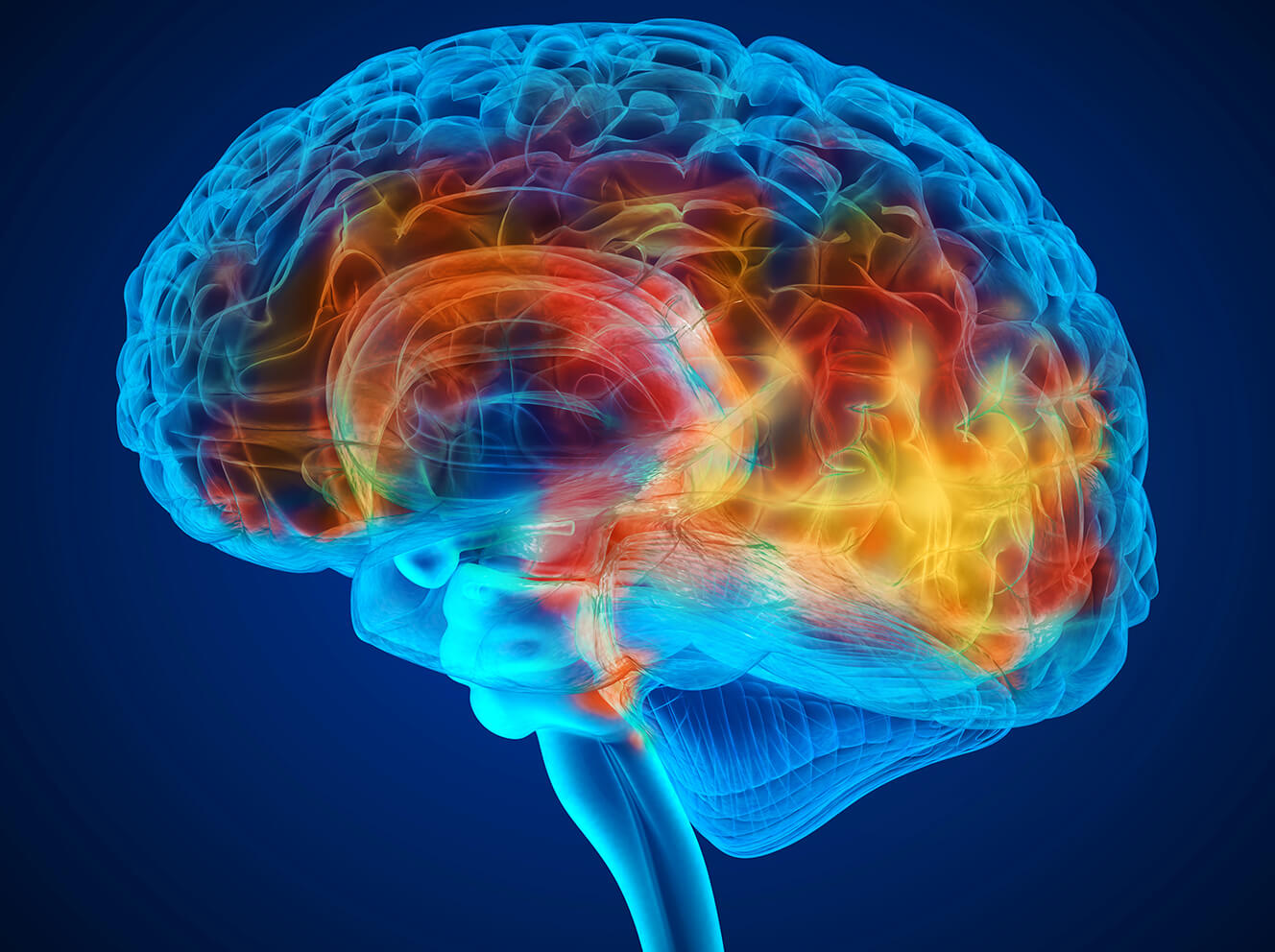
Psychedelic Research: A Partnership at the Forefront
Thanks to funding from atai Life Sciences, Mass General has created the Neuroscience of Psychedelics atai Fellowship, where PhD students Grant Jones and Clare Shaffer exemplify how diverse and innovative work can emerge from a collaboration with a corporate supporter.
We’re investing in …
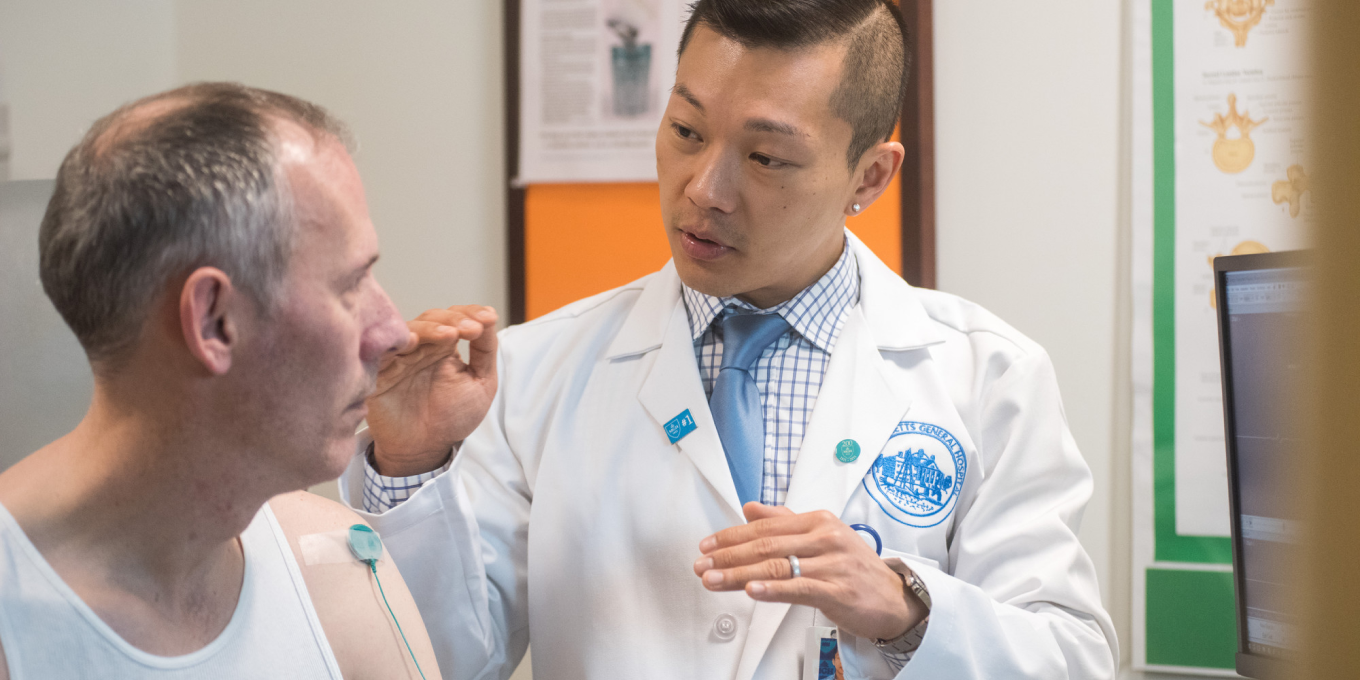
People
Mass General has more biomedical engineers, physicists and chemists than Harvard and MIT combined.
We seek to recruit and retain the most talented physicians, researchers and staff by making significant investments in several priority areas.
- Endowed chairs and scholars: Our goal is to create and fund a series of endowed positions for key investigators in our three core departments and several research centers. We must provide stable salary support for faculty and trainees, interim research support during gaps in funding and seed funding for “high risk, high reward” projects with the potential for transformational impact.
- Endowed fellowships: We seek to fund endowed fellowships that will ensure we can continue to bring top talent to Mass General, capitalizing on the exceptional researchers coming out of the training programs at Harvard, MIT and elsewhere. These junior investigators bring new ideas and fresh perspectives while also helping us build new fields of expertise as brain and nervous system research continues to evolve.
- Transformative Scholar Awards: These awards help us nurture the best young scientific minds with support that fosters innovation, seeds new ideas, encourages partnerships and prepares more neurologists and neuroscientists to participate in therapeutic development.
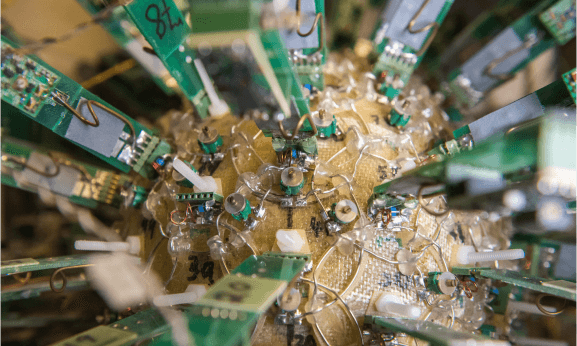
Infrastructure
We are eager to leverage our position as the No. 1 center for neuroimaging in the U.S.
We seek to create state-of-the-art facilities to expand the technologies we can bring to the bedside and to magnify the scale and scope of our clinical operations.
- Neuroimaging tools: State-of-the-art scanners that integrate multi-modal tools — PET scans and MRIs — with extraordinary precision, allowing accurate evaluation, in real time, of a patient’s brain function, down to the level of neurons, will leverage our position as the top center for neuroimaging in the United States.
- Mass General Martinos Center: Home to multidisciplinary teams of engineers, physicists, biologists, physicians and others who design, develop, test and implement a wide array of software and hardware used to analyze and visualize structural and functional neuroimaging while improving our understanding of disease pathology.
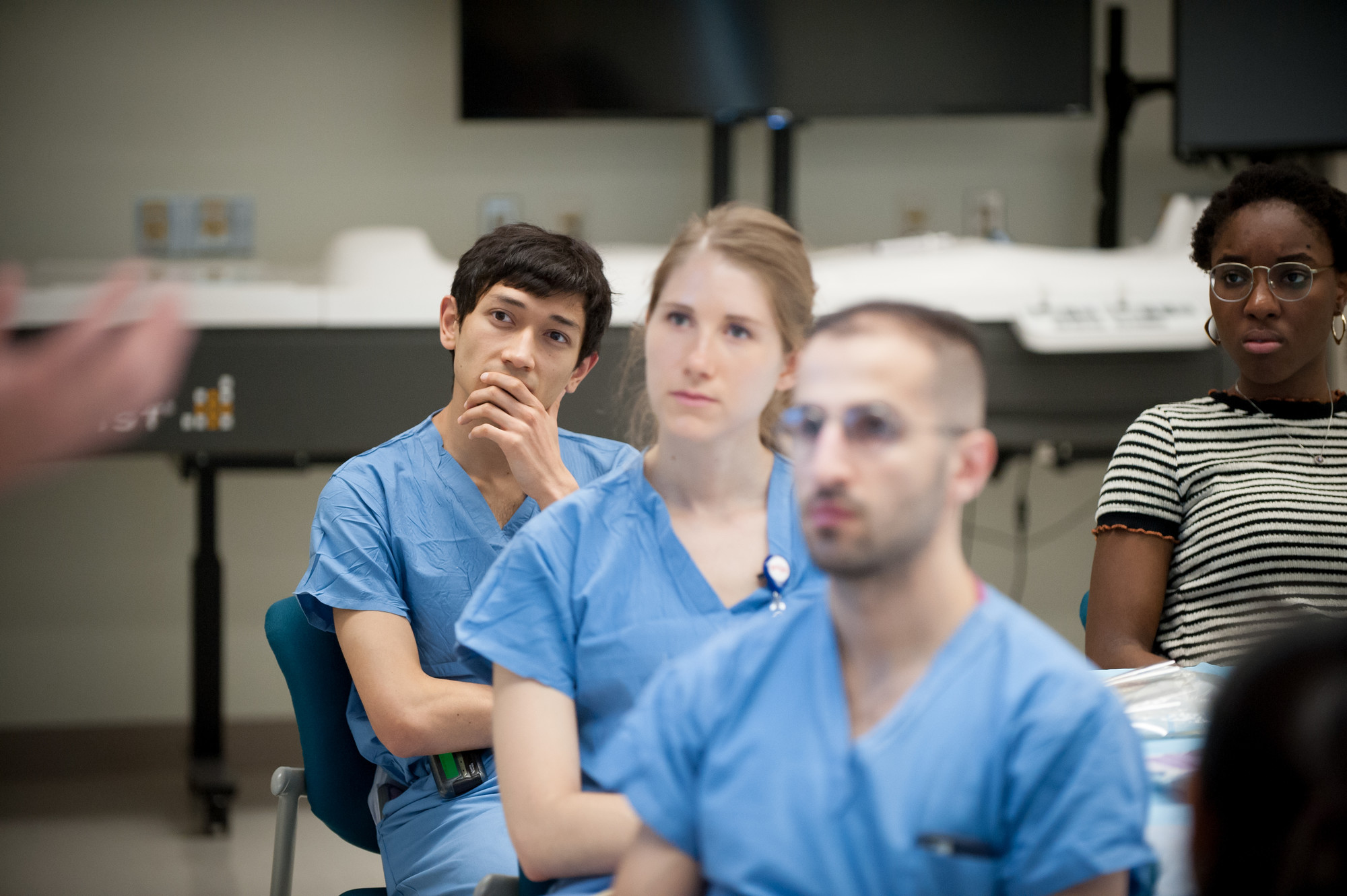
Programs
We are closer to a future where we can accelerate our understanding of the brain and nervous system, and turn the promising work we’ve started today into the everyday tools of tomorrow.
We’re determined to accelerate our understanding of the brain and nervous system — and turn the promising work we’ve started today into the everyday tools of tomorrow.
- Brain atlas: A Martinos Center team has already completed the highest-resolution MRI scan of the whole human brain, with images 1,000 times more detailed than a standard clinical MRI scan. We seek to make this level of detail available to patients by constructing a single-cell, whole-brain atlas that allows physicians to get a precise view of an individual’s neurons. Potentially identifying exactly when the first neurons die in Alzheimer’s or Parkinson’s disease, long before symptoms begin, will make early intervention or prevention possible.
- Platform trials: We’re leveraging new adaptive statistical tools that make it possible to evaluate several promising therapies at once, reducing the time to evaluate a drug’s effectiveness by 50 percent and the cost of a trial by 30 percent. This approach allows researchers to add or drop therapies once their effectiveness is determined without stopping and restarting the trial, so testing can be continued until cures are found.
- AI-assisted risk prediction: Mass General psychiatrists used artificial intelligence and a custom-built computer algorithm to scan 1.72 million electronic health records from the Mass General Brigham system to predict attempted suicides. After scanning every medical code that might be connected to suicide, they generated a model that predicted 45 percent of actual suicide attempts an average of three to four years in advance. We seek to increase the accuracy of this risk prediction tool and adapt it to predict other behavioral health issues as well as neurological diseases like stroke and dementia.


